Can a raccoon swim? Yes, raccoons are adept swimmers. They often swim to forage or escape predators, using their dexterous front paws effectively.
Introduction: Dive into the Aquatic Adventures of Raccoons
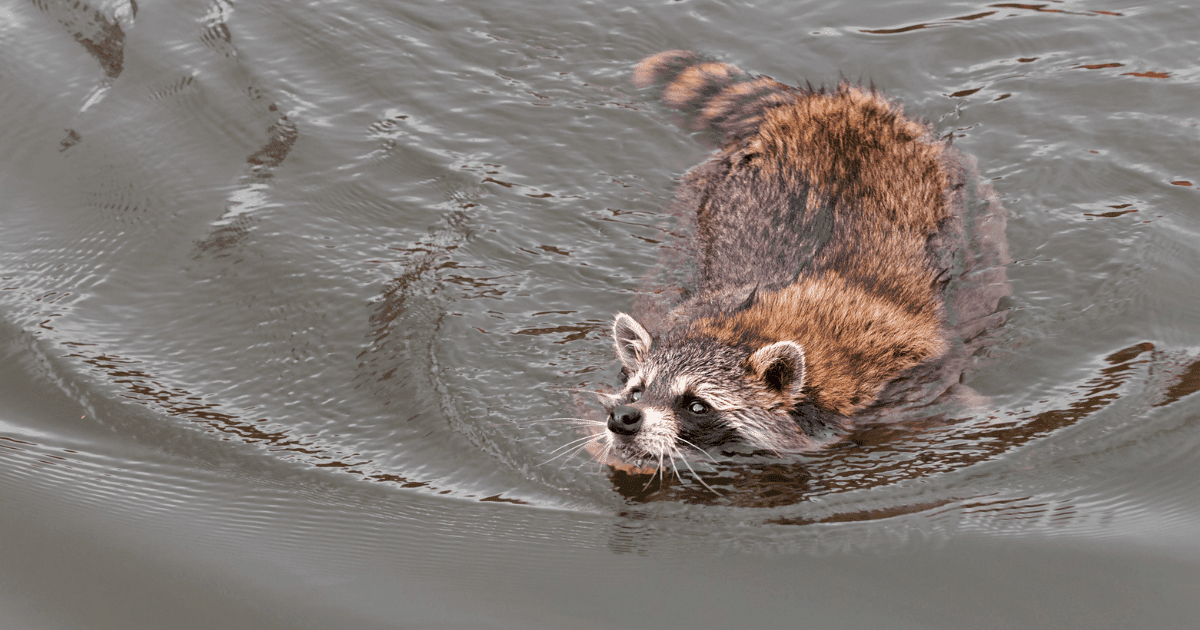
Welcome to the whimsical world of raccoons and their surprising aquatic skills! Have you ever puzzled if these clever critters, acknowledged for their nighttime trash raids, are as adept in water as they may be on land? Well, you’re about to find out! In this article, we’ll plunge into the charming and frequently humorous international of raccoons. From their swimming capabilities to their reasons for taking a dip, get geared up for a splash of amusement and learn about those cute bandits of nature.
What are Raccoons? A Quick Overview
Raccoons: the ones masked marauders of the night, the ones fluffy troublemakers with a penchant for curiosity! But what genuinely are these creatures? Raccoons, scientifically called Procyon lotor, are medium-sized mammals native to North America. With their specific black masks and ringed tails, they’re quite the characters of the animal state. Raccoons are adaptable and sensible, recognized for their first-rate problem-fixing abilities. Did you recognize that raccoons were acknowledged to remember solutions to duties for up to 3 years? That’s some critical brainpower beneath that hairy outdoors!
Can a Raccoon Swim? The Surprising Truth
So, can a raccoon swim? The solution is a convincing sure! These bushy bandits aren’t just professionals in dumpster diving but also pretty swimmers. Raccoons are undoubtedly ready to swim and are quite comfortable within the water. Their swimming competencies are often used to search for meals or to break out predators. Picture this:
- A raccoon
- Canine-paddling with its little paws
- Navigating via water with the grace of a mini bushy torpedoIt’s
They are a sight to behold and a testament to their adaptability and survival competencies.
Raccoons within the Water: How They Swim
Now, allow’s communicate about the how. Raccoons swim using a dog-paddle fashion, much like many different mammals. Their strokes are coordinated, and their dense underfur offers buoyancy, making their aquatic adventures an easy sail. But that’s not all – their sensitive palms, which might be commonly busy rummaging through your trash cans, are also pretty nifty inside the water. These dexterous digits assist them in sensing for meals below the water’s floor. Imagine the one’s tiny paws paddling away – it’s like watching a hairy little Michael Phelps in movement!
Why Do Raccoons Swim? Uncovering Their Motives
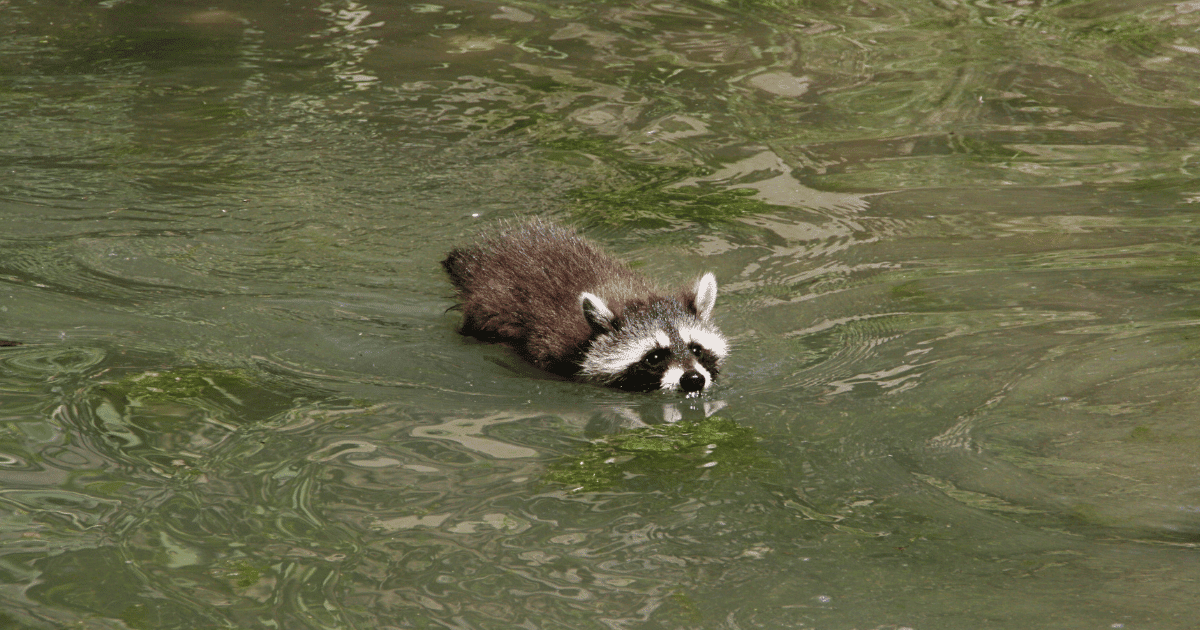
You are probably thinking, “Why on this planet could a raccoon need to take a swim?” Well, allow me to tell you that those critters have their motives:
- Searching for Food: Raccoons love to eat, and water offers a buffet of delicacies like fish, frogs, and crayfish.
- Escaping Danger: A short splash right into a pond is a nifty getaway route when danger looms.
- Just for Fun: Yes, raccoons can be playful creatures, and a swim can be just for the sheer joy of it.
- Travel: Sometimes, the excellent path to a new scavenging web page is a swim across a move.
- Cooling Off: On a warm summertime day, a dip in the water is the appropriate manner to conquer the heat.
So, the next time you see a raccoon near water, they may be on their manner to an aquatic journey!
Where Do Raccoons Swim? Their Preferred Habitats
Raccoons are open about how they swim. These furry swimmers can adapt to diverse aquatic environments, from serene ponds to bustling urban waterways. They are typically located near:
- Rivers and Streams: Ideal for a leisurely swim or a short fish hunt.
- Lakes and Ponds: Perfect for a peaceful waft and a dive for underwater treats.
- Coastal Areas: Raccoons even venture into saltwater to taste marine cuisine.
- Urban Water Bodies: Even in cities, raccoons use available water sources, be it a park pond or a drainage canal.
Their astounding adaptability makes them the explorers of both land and water worlds.
Raccoon Swimming Skills: Are They Good Swimmers?
When it comes to swimming, raccoons are proficient. They may not win an Olympic medal, but they are adept in the water. Raccoons have:
- Strong Paddling Skills: Their front paws, while small, are mighty, enabling them to paddle effectively.
- Buoyancy: Thanks to their thick fur, they float pretty well, making swimming less of a chore.
- Endurance: Raccoons can swim reasonable distances if needed, whether for food or safety.
So, while they might not be the Michael Phelps of the animal kingdom, they’re certainly more than capable swimmers!
Dangers and Challenges: Raccoons in Water
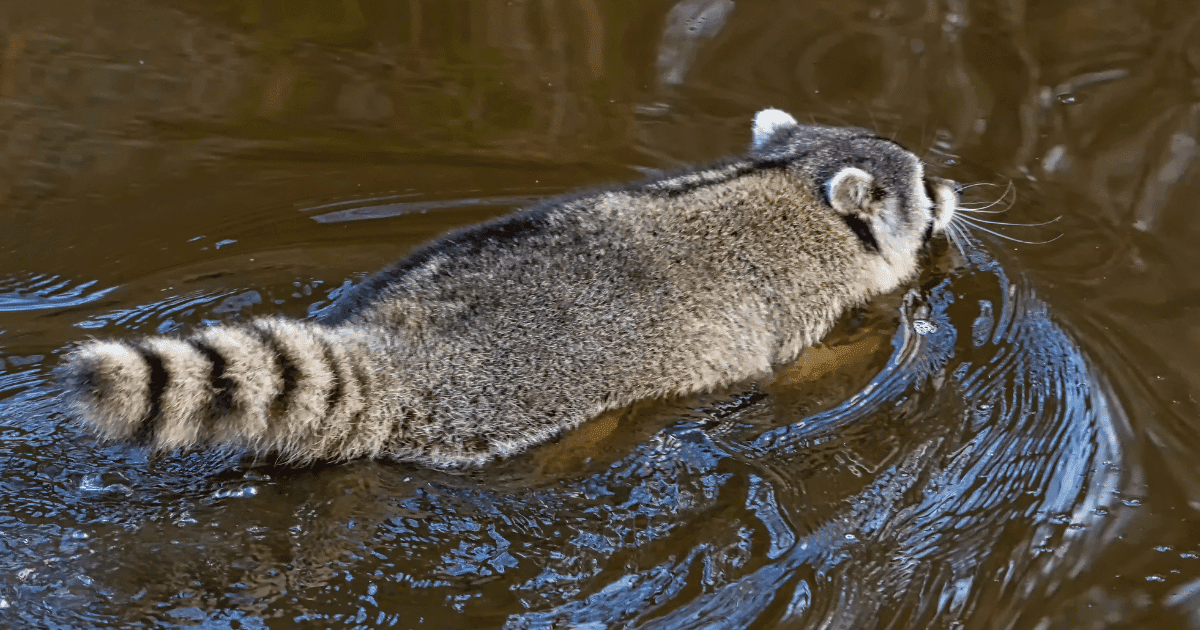
While swimming is a natural skill for raccoons, it can be challenging sailing. They face various challenges, such as:
- Water Pollution: Sadly, human activities often pollute water bodies, impacting raccoon health.
- Predators in Water: Raccoons might encounter predators like larger fish or alligators.
- Human Interactions: Misunderstandings with humans, especially near urban areas, can pose risks.
Despite these challenges, raccoons showcase resilience and adaptability in their aquatic endeavors.
Human and Raccoon Interactions Near Water
Imagine this: you are taking part in a peaceful day by the lake, and abruptly, you’ve got a masked visitor – a swimming raccoon! Human and raccoon interactions near water may be fascinating. Here’s what you should realize:
- Keep a Respectful Distance: Enjoy watching them, but don’t attempt to feed or manipulate them – wild animals need their space.
- Secure Your Belongings: Raccoons are curious and can rummage through your things if given a danger.
- Be a Responsible Visitor: Keep herbal water resources smooth and undisturbed for the flora and fauna that rely on them.
- Educate Others: Share your knowledge about raccoons and the significance of coexisting peacefully with them.
Remember, we are just site visitors to their aquatic playground, so allow’s play by following their rules!
Conservation Efforts for Aquatic Raccoon Habitats
Conserving raccoon habitats, specifically aquatic ones, is critical for their survival. Here are a few efforts and movements that can assist:
- Protecting Water Bodies: Efforts to keep rivers, lakes, and streams smooth advantage now not simply raccoons but whole ecosystems.
- Habitat Restoration: Restoring degraded aquatic habitats helps ensure raccoons have secure places to live and forage.
- Public Awareness: Educating human beings about the importance of those habitats can lead to higher conservation practices.
- Supporting Wildlife Organizations: Many agencies work tirelessly to guard raccoon habitats – lending them assistance could make a considerable distinction.
Every small motion closer to conservation ensures that raccoons continue to thrive in their herbal environments.
Funny Tales: Raccoons’ Aquatic Misadventures
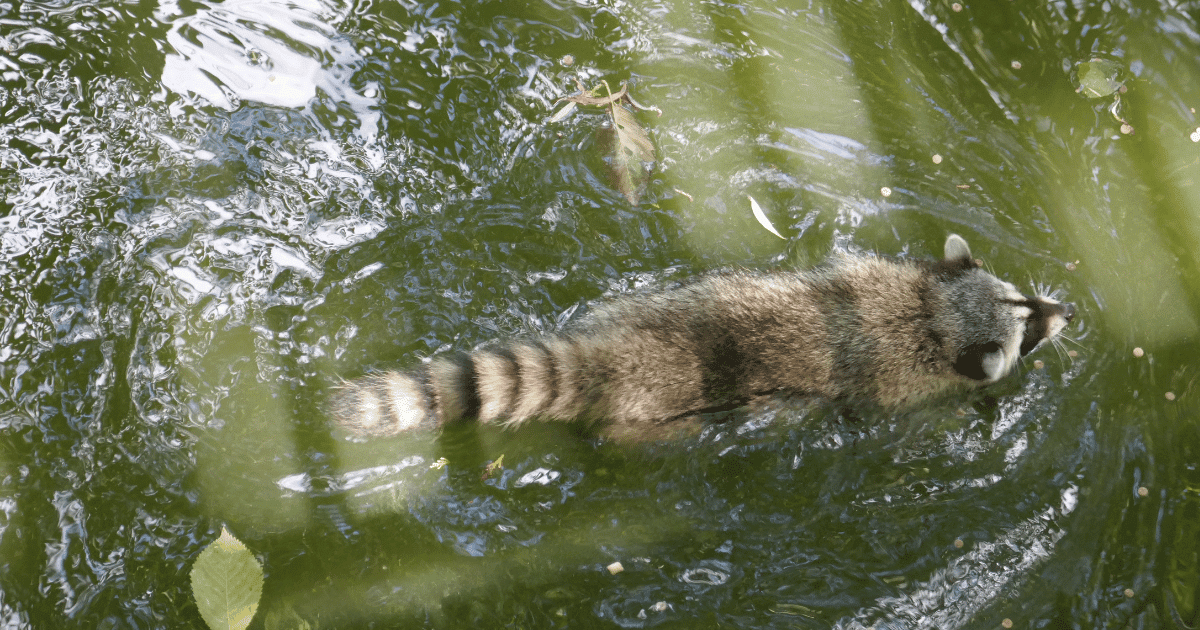
Now, let’s lighten the mood with some hilarious raccoon stories:
- The Canoeing Raccoon: A raccoon as soon as hopped into an unattended canoe, giving the impression it was prepared to paddle away!
- Pool Party Crasher: A family observed a raccoon having a blast in their inflatable pool, splashing around without a care.
- The Fishing Fiasco: Picture a raccoon looking to capture fish, handiest to grow to be taking an unplanned swim – comedic gold!
Raccoons’ antics near water not only effectively amuse us but also remind us of the joy and unpredictability of nature.
Conclusion:
So, can a raccoon swim? Absolutely! These charming creatures aren’t simply skilled foragers but additionally capable swimmers. Their aquatic abilities exhibit their adaptability and resilience in various environments and challenges. Whether for meals, fun, or survival, raccoons have mastered the art of swimming, adding yet another layer to their fascinating lives. Remember, the next time you notice a raccoon close to water, there’s a suitable hazard. It’s approximately time to embark on a swimming journey!
FAQs:
Q: Do all raccoons recognize the way to swim?
A: Yes, swimming is a natural ability for raccoons, though some may be better at it than others.
Q: Can raccoons swim in saltwater?
A: Surprisingly, sure! Raccoons can swim in both freshwater and saltwater environments.
Q: How do raccoons dry off after swimming?
A: They shake off the water and groom themselves like a canine could after a bath.
Hello! I’m Javed, a versatile content writer specialized in various niches, with a particular passion for home and garden topics. My expertise extends beyond writing—I’m also skilled in SEO and WordPress development, boasting over four years of experience in these areas.
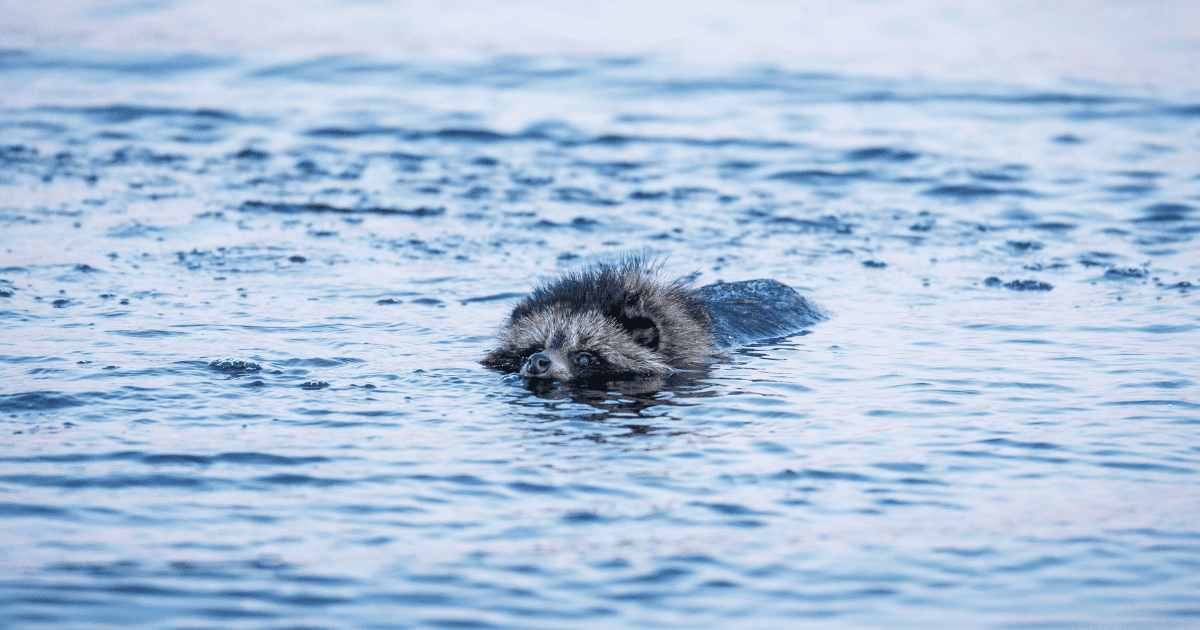
Thanks for sharing. I read many of your blog posts, cool, your blog is very good.